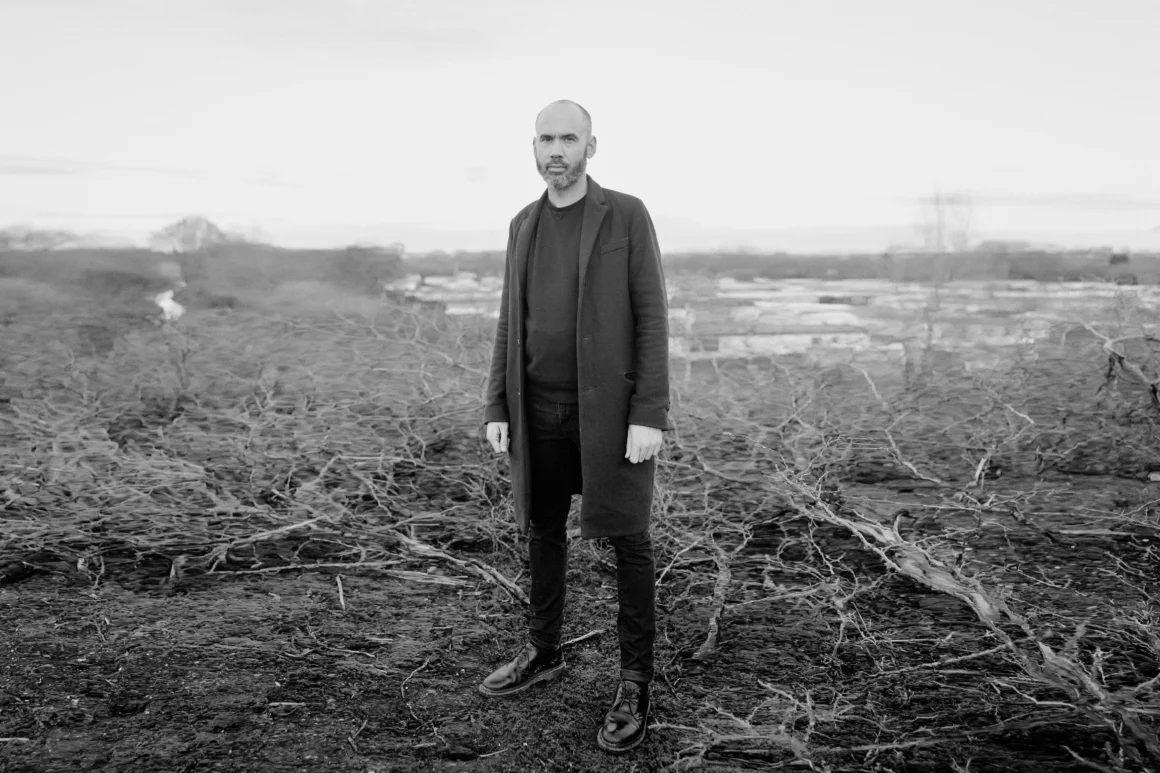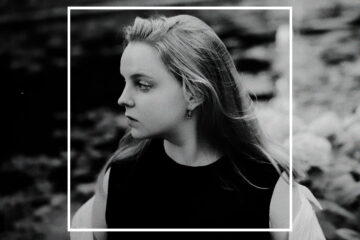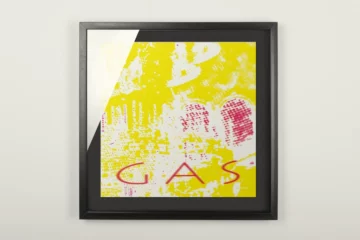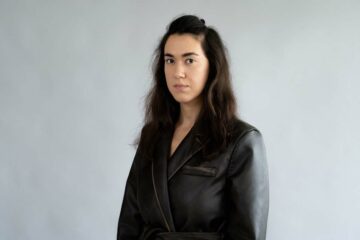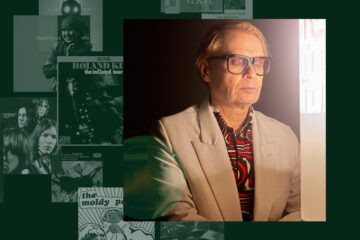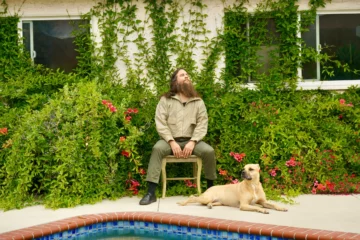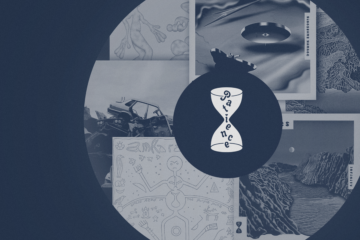There is always something contemplative about organ drones, even when they sound like imminent danger, as with the opening track on Maxime Denuc’s first solo LP »Nachthorn«. Your mind is already in a roughly mapped out field between church and concert hall, between Johann S. Bach and Hans Zimmer, perhaps a little conservative – but certainly not mercurial or quick on your feet.
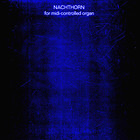
Nachthorn
The almost endless beat, a low tone, on »Edo« sets in motion a slow and careful modulation in the mid-bass range. Yet here, at this point on the album (and during the live performance), there is nothing to suggest the post-rave depression and come-down vibes to follow. Those who already know Maxim Denuc as a solo artist from his previous EP »Solarium« or as a member of the duo Plapla Pinks, will be less surprised by the ravey surfaces than follow than those who have not yet internalised the work of native musician of Toulouse, who now lives in Brussels.
Nevertheless, Denuc has been working at the interface between organs, baroque music and (post-)rave for more than a decade. Which brought him this year to the >Weekender< Festival in St Vith and to the organ in the local parish church. »No two organs in the world sound exactly the same, so the experience is always different,« says Denuc. This is what fascinates him and constantly demands a fresh approach to each organ.
Playing what humans can’t play
The same goes for the »Weekender«, where he arrives days in advance to invite people »to attend mass on Sunday« – in a figurative sense, of course. In addition to these imponderables and meticulous preparations, his »Nachthorn« project is an attempt to wrest a certain regularity and comparability from the organ. He explains that he does not play the instruments himself, but uses MIDI controllers to control and play them: »My work with MIDI aims to write pieces that people cannot play. I drew the melodies by hand in Max/MSP to make sure that the contact I had with the keyboard on my controller was as small as possible«.
As a result, it is difficult to tell the difference between organ and synthesiser. This is not the first time Denuc has experimented with manipulating an organ via MIDI – he has often explored the idea with his duo Plapla Pinky, although the duo never put it into practice. In general, many fans and friends of Plapla Pinky will be able to recall: »Solarium is the continuation of my work with my friend Raphael Hénard«. The two met at the age of eleven in secondary school, quickly became friends and discovered their passion for music together; »We discovered electronic music through the radio back then«. However, their first electronic sounds were not techno or house, but trip-hop. Their companions: »Massive Attack and Portishead, the abstract hip-hop of DJ Krush and the early productions on Mo’wax or Ninja Tune«.
«It was [in] the Middle Ages […] that I found rich connections to our current musical landscape.«
…
The first party was not a revival experience therefore, but just a rather boring drum ‘n’ bass event in Toulouse. It was not until 2008 that Denuc had his first successful experience with techno – in Berlin, obviously – and from 2010 in Brussels, which was to become his new home. And where cultivating the electronic tradition is part of the scene’s identity. Around the same time, however, he also discovered his love of Baroque music: »At the time, a classical music festival was commissioning electro-acoustic modernisations of the works of Johann Sebastian Bach. So I decided to study his music, especially the organ pieces. In 2013 I moved to Paris, where I studied musicology at the Sorbonne and discovered medieval music for myself: Josquin des Près, Guillaume de Machaut and Perotin. There I found rich connections to our contemporary musical landscape«. Out of this affinity, Denuc and his friend Hénard created an idiosyncratic sound already that foreshadowed what was to take shape in the parish church.

